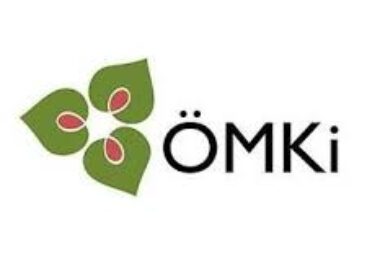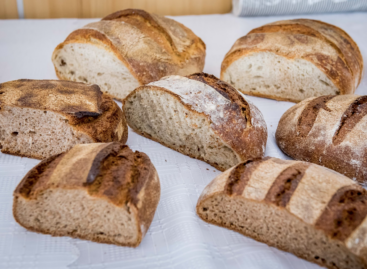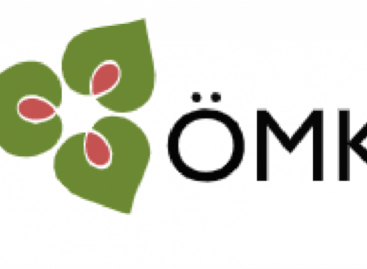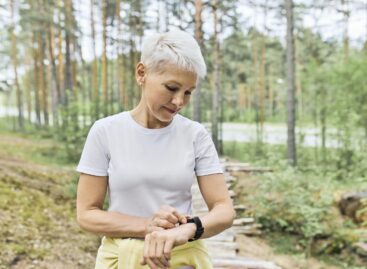Bring your soil to life with compost! December 5th is World Soil Day
On World Soil Day this year, the Ecological Agricultural Research Institute (ÖMKi) is drawing attention to the importance of composting. Compost is one of the most versatile materials for organic farmers and home gardeners, as it nourishes the soil, its wildlife and the plants they grow. On ÖMKi’s recently updated national compost map, hobby gardeners and plant growers who require larger quantities can find green compost-producing plants near them. Their video, released for World Soil Day, discusses several composting solutions.
What is good compost?
 Compost is created as the end result of the biological decomposition of organic matter in an environment with appropriate moisture, temperature and oxygen content (aerobic). The material produced during the composting process is earthy, rich in humus and beneficial microorganisms, and is typically used as a soil conditioner, nutrient supply and growing medium.
Compost is created as the end result of the biological decomposition of organic matter in an environment with appropriate moisture, temperature and oxygen content (aerobic). The material produced during the composting process is earthy, rich in humus and beneficial microorganisms, and is typically used as a soil conditioner, nutrient supply and growing medium.
A variety of raw materials and methods can be used to produce compost. For example, we can talk about green compost made from plant-based raw materials, composted animal manure, mushroom compost left over from mushroom cultivation, vermicompost produced with the help of earthworms (also known as vermicompost) or sewage sludge compost produced – in a strictly regulated manner – from the sediment of liquid municipal wastewater, the latter of which cannot be used in organic farming. The use of compost tea is also widespread, which is made from the produced compost by growing certain microbes in an aqueous medium. With its help, we can spread microbiological organisms (e.g. fungi, bacteria) useful for the soil over a larger area.
A multi-faceted miracle weapon in the hands of organic gardeners
Few plant growers have such a versatile raw material as compost. Both our soil and our plants will thank us for using it! Its application increases the organic matter content of the soil and enlivens the essential soil life within it. Compost can be used to improve the structure and water retention capacity of the soil, and it can provide nutrients for plants, but it can also play a role in plant protection. Gardeners can use it to create beds, refresh their soil, and mulch, but mature, sieved compost is also suitable as a peat-free seedling growing medium.
“The ideal planting mixture has good water retention capacity, balanced pH, is porous, biologically active, i.e. characterized by a predominance of “good” microorganisms, has a balanced nutrient supply, and is free from various harmful organisms and foreign substances. The green composts examined in our experiments, especially leaf compost, seem to meet these expectations. In addition, it is a local, easily available and cheap raw material, the production of which is not harmful to the environment.”
– emphasized Emese Gyöngyösi, project leader researcher at ÖMKi.
Related news
Healthy choice, richer flavors – Celebrate new bread with organic and ancient grain flours!
🎧 Hallgasd a cikket: Lejátszás Szünet Folytatás Leállítás Nyelv: Auto…
Read more >Related news
(HU) METRO Gasztro Fesztivál a SIRHA Budapesten – Élmény, inspiráció és valódi megoldások a HoReCa-szakmának
🎧 Hallgasd a cikket: Lejátszás Szünet Folytatás Leállítás Nyelv: Auto…
Read more >Protein, gut health and mental wellbeing – these trends will shape global food innovation in 2026
🎧 Hallgasd a cikket: Lejátszás Szünet Folytatás Leállítás Nyelv: Auto…
Read more >








